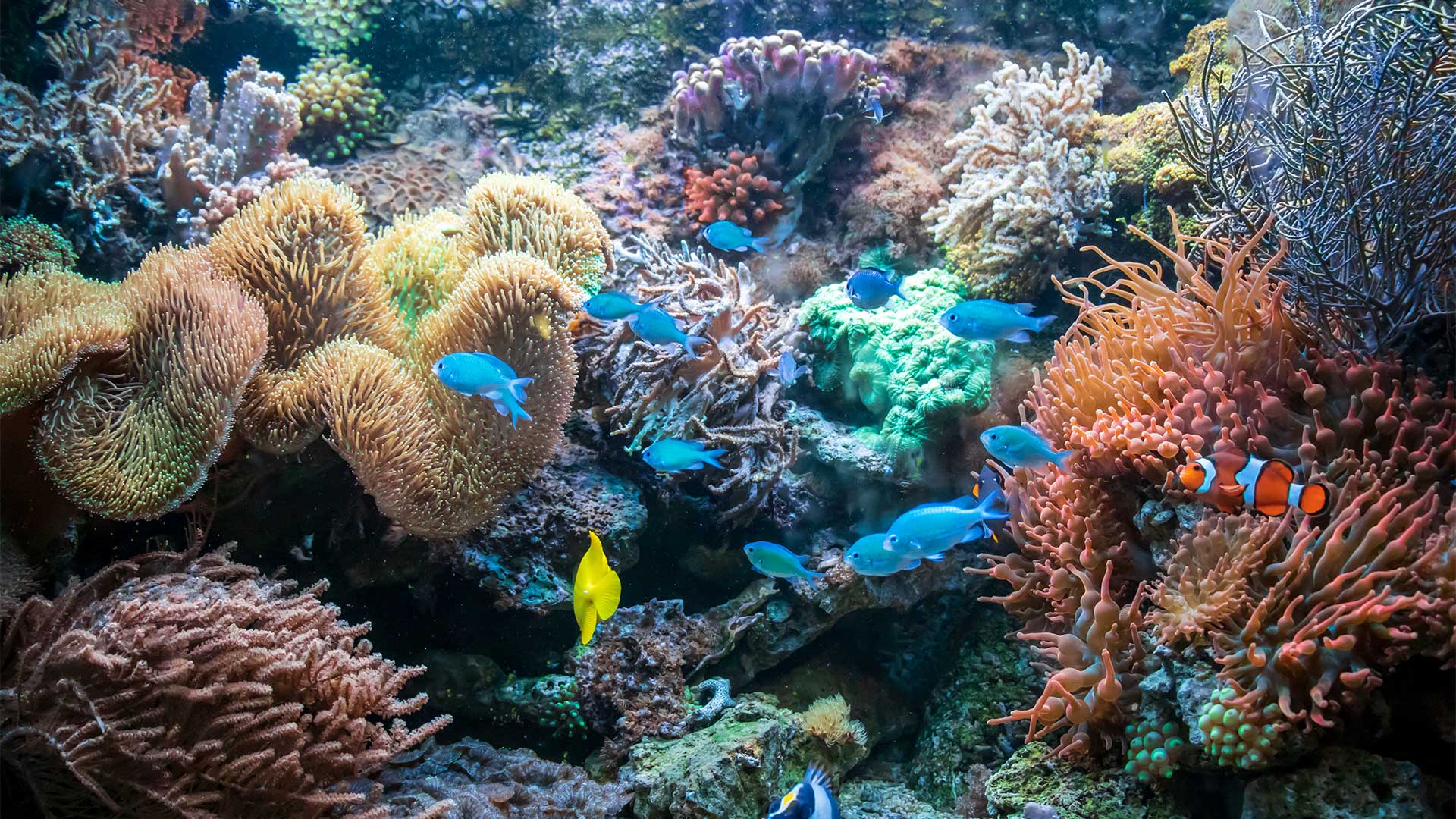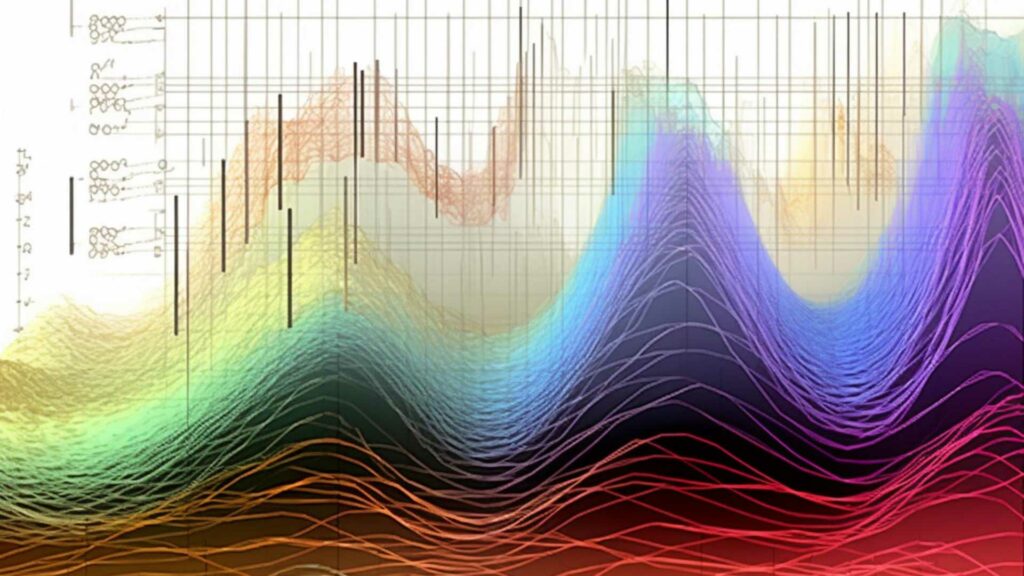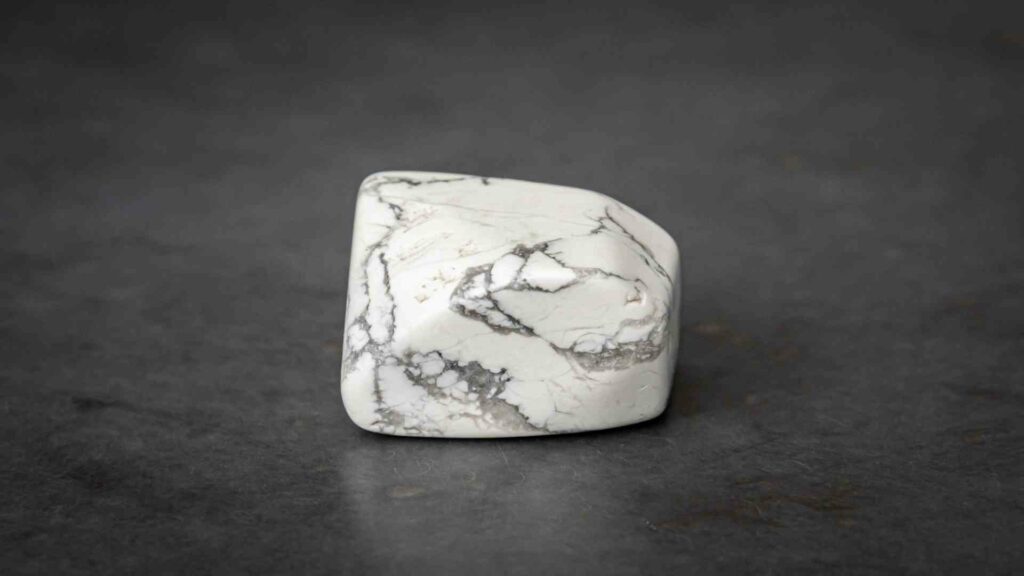
How Boron plays a Crucial Role in Keeping Coral Reefs Healthy
Boron is an essential element in our daily lives, and it is also crucial for a successful reef tank. It is necessary to ensure the health of corals and invertebrates. Additionally, it is important for the overall success of an aquarium ecosystem. Let’s consider the following:
- How does it work in a reef tank?
- Why is it important for keeping corals healthy?
- What levels are ideal for a reef environment?
Boron is an important trace element for humans and animals alike. It’s found in significant quantities in soil, plants, fruits, and vegetables. Plants use it as a cofactor for enzymes involved in cell wall synthesis. But people need it for proper bone strength and development.
Reef tanks are also made up of these elements. But they’re not always readily available. It is because the water undergoes reverse osmosis before filling the tank with freshwater. The result is often depleted levels of boron’s which affects coral growth.
The Chemistry Behind Boron in a Reef Tank
What is boron?
It is the mineral element for chemical element #five on the periodic table of elements.
It is a metalloid found in nature as borax or sodium tetraborate decahydrate. It has many different uses from preserving timbers to increasing crop yields and even improving your diet.
Why is boron necessary for a reef tank?
It is vital in a reef tank because it helps form the calcium carbonate (CaCO) that your corals need to grow. It also regulates pH levels in the aquarium. And then provides the breeding ground for planktonic organisms. It helps the microscopic critters that feed reef animals, such as clams, crabs, and urchins.
It is found both pre-mixed with saltwater. Or you can separately add a liquid solution to your tank.
For healthy coral reefs across the world to survive, there needs to be an amount of 0.01 mg/L Boron in seawater. Experts recommend that there should be at least 0.01mg/L Boron present in seawater.
Boron is the crucial element to keep the reef tank healthy
A lot of people don’t realize that it is a crucial element for keeping a reef tank healthy. It helps to control the pH levels and buffers against sudden changes in the water chemistry. It also prevents certain types of algae from growing too rapidly, which can be harmful to your livestock.
The presence or absence of boron shows a huge difference in how quickly corals grow. Furthermore, they also expose the health and diversity of those corals themselves. If you’re using RO/DI water, you can remedy the lack of boron by adding a calcium carbonate buffer.
What are the benefits of having sufficient levels of Boron in your Reef Tank?
- Maintains pH balance and prevents algae growth problems.
- Corals grow more quickly which leads to larger colonies or single pieces.
- The diversity and healthiness of corals increase. It is mainly because they have better access to important nutrients such as Calcium Carbonate, Iron Oxide, and Iodine Nitrate among the rest.
- Corals continue to grow despite fluctuating temperatures which can cause the growth of algae.
- Builds up your tank’s natural filtration system. Furthermore, it prevents unwanted toxins from building up in the water and clogging filter media.
How much Boron is necessary for a good Reef Tank?
As with most things in life, it depends on how big your reef tank is.
A recent study by the Australian Institute of Marine Sciences found that it is essential for maintaining coral reef health. This mineral is often deficient in seawater and when it becomes too low, corals die.
The problem with understanding how much boron a good reef tank needs is that there are so many variables to consider. The water type, salinity level, and pH are all major factors that affect how much boron a reef system needs.
To maintain a healthy reef tank, the amount of boron should be between 0.0016 mg/L and 0.027 mg/L. Coral reefs need about half as much boron as most other saltwater systems do. This is because they are so sensitive to changes in water chemistry. If you have only a freshwater system at your house then it doesn’t matter how much Boron there is. Unless you use tap water that has been treated with liquid borate (sodium tetraborate) for chlorine removal. This will also remove any traces of boron from the water.
What is the recommended pH level?
The recommended range for pH levels in an aquarium ranges anywhere from around eight point six degrees to nine-point four degrees. Boron is important for the formation of aragonite, which in turn may lead to problems like calcification. Calcification is an issue if it occurs too quickly. Sometimes it traps nutrients or organic debris that would otherwise contribute to reef health. It also helps with inhibiting algae growth. Therefore, its deficiencies are often accompanied by algal blooms as well.
We recommend adding 0.01 mg/L per day when correcting a deficiency. However, you can increase the level gradually before finally reaching 0.027mg/L.
Raising levels slowly will help give your fish time to adapt. Sometimes increased alkalinity might cause some species of coral to start dissolving more easily. This is not something we want.
Common issues from not having enough boron in an aquarium
The common issues that arise from not having enough boron in an aquarium are:
- Loss of calcium carbonate (CaCO) that corals need to grow.
- Diminished pH levels, which are essential for microbes and other organisms living in the tank. This can also lead to deadly ammonia spikes if left unchecked.
- Less planktonic activity, resulting in hungry reef animals.
How to fix those problems?
You can avoid the deficiency of Boron in a reef tank by adding a supplement. There are many available such as Alkalinity supplements, Calcium/Magnesium supplements, or Boron. Make sure that there is at least 0.01mg/L Boron present in seawater. It is mandatory for coral reefs and other living organisms around us to survive.
Boron in Seawater
When you think about the ocean, it’s easy to picture a vast body of water with nothing but waves and fish. But did you know that for every one liter of seawater there are between 3 and 6 milligrams of boron? It is an essential nutrient for all living beings on earth. However, when the levels get too low in our natural environment, problems arise.
Have you ever wondered how the ocean continues to stay salty? Even though it is constantly being stirred and mixed by waves and currents? The answer lies in a process called “buffering.” Seawater has a high affinity for sodium chloride (table salt). This phenomenon leads to an equilibrium that buffers the water’s salinity.
The process of buffering occurs when two solutions are mixed, but they react at different rates. This can happen because one solution is more reactive than the other, or because they have different concentrations. In seawater, excess salt ions bind with water molecules due to their similar charge (-).
An aquarium is a closed system where you have to buffer the normal seawater.
So if we put in one part per million of boron into our water, that will buffer it and keep it at 0.01 milligrams/liter. This is sufficient for about three years before needing an additional boost.
Don’t forget the other important nutrients like calcium, magnesium. These are also necessary for healthy coral reefs and all living organisms around us.
It’s not enough just to add these chemicals. They also need time to dissolve in your tank’s water column so they can do their job efficiently. But when you balance out your levels properly with them, then you should make sure there’s always some extra on hand. Because you never know when you’ll need it.
This is a really important point because if the levels of these nutrients are low for any reason, then your life in an aquarium will be very difficult to maintain. And coral reefs won’t be able to thrive in their natural environment either.
Depletion of Boron in Reef Tanks
What is the reason for the depletion of boron in a reef tank?
It’s typically due to insufficient water changes or overfeeding fish. It may be hard to tell when your reef tank has too little boron. Because there are very few symptoms that indicate this problem.
Reef tanks will need more frequent water changes. They also need increased feeding of fresh vegetables and protein foods such as shrimp, krill, or crab. Go for these instead of dry food pellets if you suspect a lack of boron.
So, what does the future hold with this crucial element being depleted from our oceans and coral reefs worldwide?
It plays an important role as an essential nutrient. It helps to keep corals healthy by stabilizing their skeletons which gives them structure. Coral health has declined dramatically because they have less ability to form strong skeletons. Because there’s not enough boron available to do so. This means more dying corals all over the world!





